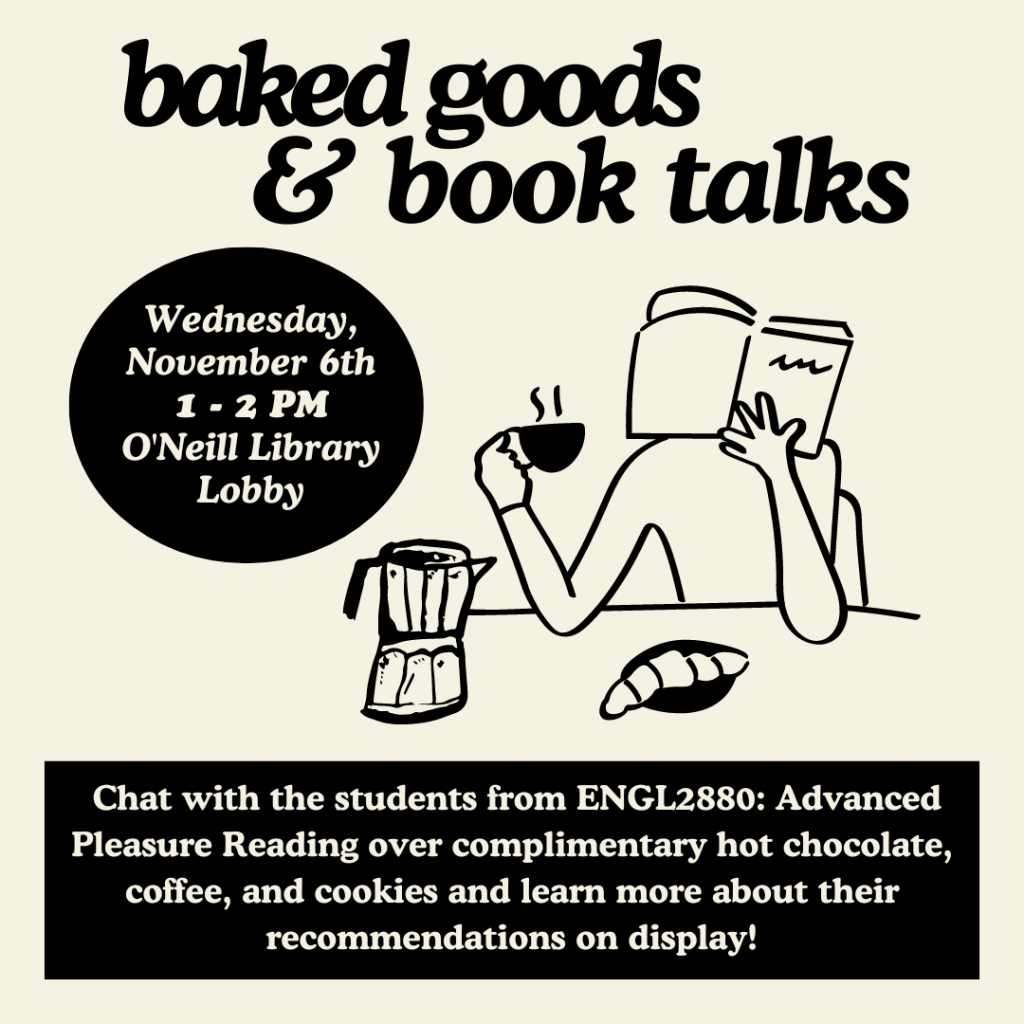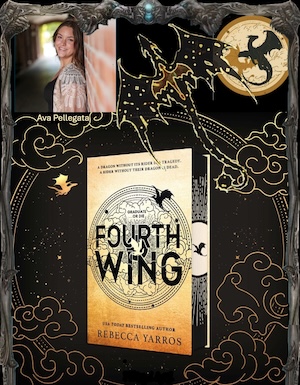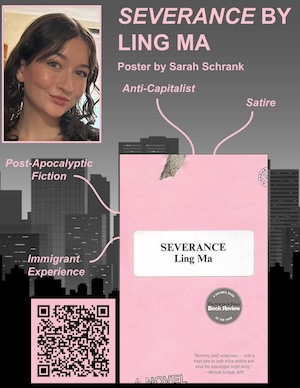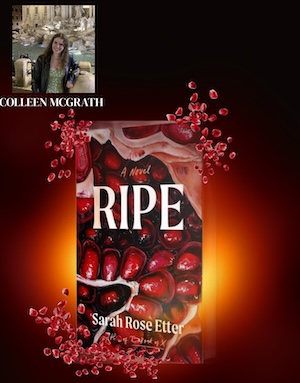Why do People Read for Pleasure?
By 2023 Lauren Wilwerding had encountered enough students in her classes enjoying assigned reading more than they expected that she asked herself a question: Why do people read? So she made it into the subject of a Literature Core course pursuing, as she put it, “an explicit exploration of literature as a source of joy, connection, and discovery.” (You can read more about that first Lit Core in this BC English substack.)

Turning that Lit Core course into “Advanced Pleasure Reading,” a course for English majors, drew on her own experience approaching reading as both a job and an enjoyable hobby, and her reflections on her own child learning to read independently. This course offers, she said, “a journey to English majors and others who identify as readers” about training and enjoyment, formative reading experiences, and reading throughout life.
Did you read a lot for pleasure already?

Yes, I think so, I go through phases. Although… to quote Jess from Gilmore girls when posed with a similar question… “what is much”
–Sophie D’Arcy (exhange student)
I did! But only when I had free time and I wasn’t too busy with my courses (so not too much during the academic year)
–Lauren Evans ‘25
I had not read for pleasure in quite some time (probably since high school). For context I am now a junior here.
–Anonymous Student
The advanced part, according to Wilwerding, includes “the intentional use of critical methods like reader response, surface reading, the Jesuit practice of lectio divina, and others.” Students also encounter literature in different ways, such as reading aloud as Victorians might have done, an experience that led to a productive discussion about cognitive differences between reading and listening.
How is this class changing your attitudes about or approach to reading for your own enjoyment?

It has brought to light that the “pleasure” in pleasure reading comes from the independence and ability to choose. When I can pick up a book and stop at my leisure, or not stop at my leisure, it is much more fulfilling than adhering to an assignment.
–Anonymous Student
Our discussions encouraged me to try different approaches to reading, and I think I just found the method that works best for me — one I wish I tried out years ago, that would’ve saved me so much time and made my overall reading experience more pleasurable. –Anonymous Student
–Anonymous Student
We’ve read some books already that I wouldn’t have chosen for myself, but turned out to be pretty pleasurable. It’s made me want to expand my own reading horizons and challenge myself to expand my definition of enjoyment.
–Anonymous Student
If she gets the chance to teach the course again, she said students were especially interested in some readings on cognition, cognitive load, and attention in the context of social media’s information overload, and she’d like to expand that. And she added on the subject of attention, “we read William Thackeray’s 900-page novel Vanity Fair as a way to think about the challenge of long novels.”
What does reading literature do for you that other things you do for enjoyment don’t provide?

Reading literature brings me to a place of ease and comfort that no other hobby of mine does. A good book is unique in its ability to bring me into its world.
–Anonymous Student
I think reading literature is capable of completely consuming me, where I tend to let other activities go, or leave my head space more easily.
–Ava Pellegata 2027
In a world filled with constant streams of information, it is refreshing to sort through a text on my own, and piece together an independent interpretation.
–Anonymous Student
A recent Atlantic article1 claimed that students don’t read, partly because high school curricula aren’t challenging them. Clearly, that’s not true of these students (and apparently wasn’t true of a high school teacher the author interviewed), and Lauren Wilwerding is doing what she can to open up that topic in productive ways.
- If you don’t have full access, go to our catalog record, click “publisher site” and log in with BC credentials in any window, then refresh the browser and you should get access. ↩︎